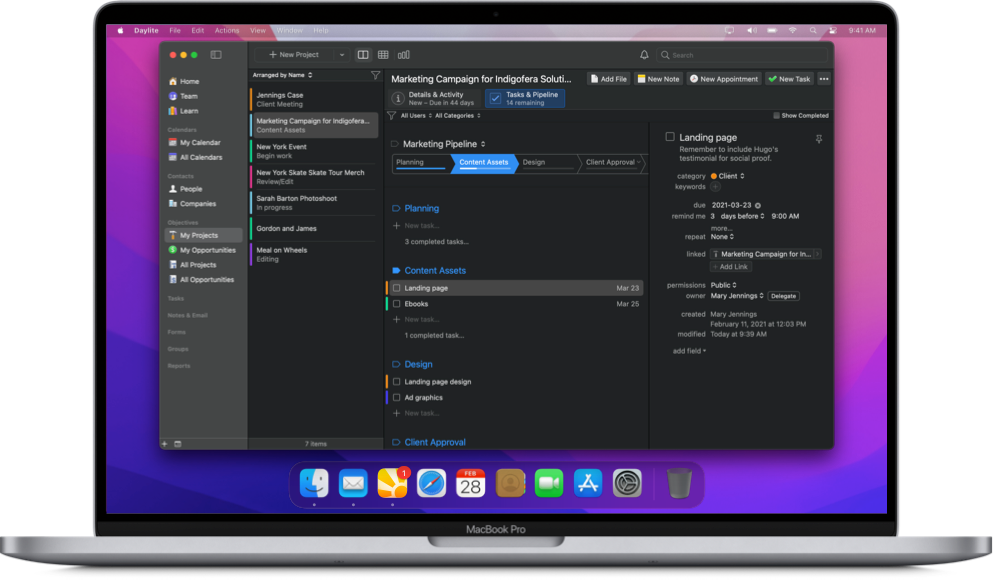Building Relationships Mac OS
Fceux is a cross-platform, open-source NES emulator. There are other options for NES emulation on Mac OS X, but FCEUX offers tools for debugging, rom-hacking, map making, Tool-assisted movies, and Lua scripting. Basically it’s the “hacker’s choice” of NES emulator. Unfortunately, some of those hacking features are exclusive to the Windows version currently (boooo), so maybe the project needs some help from Mac users. Or, you might just want to have a version of Fceux that is not 18 months out of date, because the project hasn’t released a binary since 2013 despite the fact that bugs continue to get fixed. Let’s show how to build their source code on Mac OS X.

First, we need to install all of the dependencies. I assume you already have XCode installed with the command-line tools, and that you’re using MacPorts to install open-source packages. Note the versions of things here. At the time of this writing, you don’t want the latest Lua; Fceux will fail to build. April 2016 edit: I added pkg-config to this list of dependencies.
Next, get the latest code from their repository:
- The Mac OS 9 code implements only the client API, but this is mostly what is wanted from SASL on OS 9 anyway. If you are building a Carbon CFM application and intend it to run on both OS 9 and OS X, you should link against the OS 9 Carbon SASL library, since it exports fewer APIs (client side only, specifically) than the OS X CFM glue.
- Explore the world of Mac. Check out MacBook Pro, MacBook Air, iMac, Mac mini, and more. Visit the Apple site to learn, buy, and get support.
Now, a small change to their Sconstruct file is necessary, to fix an issue with how they’re setting up the build environment. On the line immediately after the “env” variable is set, add the following:
Mac Os Download
Finally, we can build and run the emulator, but we have to add some more paths to the command line in order for the build process to find all the stuff we installed with MacPorts. If you prefer Brew as your package manager, your paths here will be different (CFLAGS=-I/usr/local/include LDFLAGS=-L/usr/local/lib scons)
Optionally, we can build and run the server component, for network play.
Network play allows two (or more?) instances of Fceux to share game-state by continuously syncing, over the network.
Building Relationships Mac Os Catalina

Building Relationships Mac Os Download
If you're building your USB drive so you can install Mac OS on other systems, follow our guide to building a Lion install USB drive using a partition on your external drive—but a better method. Nov 30, 2020 Powered by Mac mini hardware and the AWS Nitro System, you can use Amazon EC2 Mac instances to build, test, package, and sign Xcode applications for the Apple platform including macOS, iOS, iPadOS, tvOS, watchOS, and Safari. The instances feature an 8th generation, 6-core Intel Core i7 (Coffee Lake) processor running at 3.2 GHz, with Turbo.